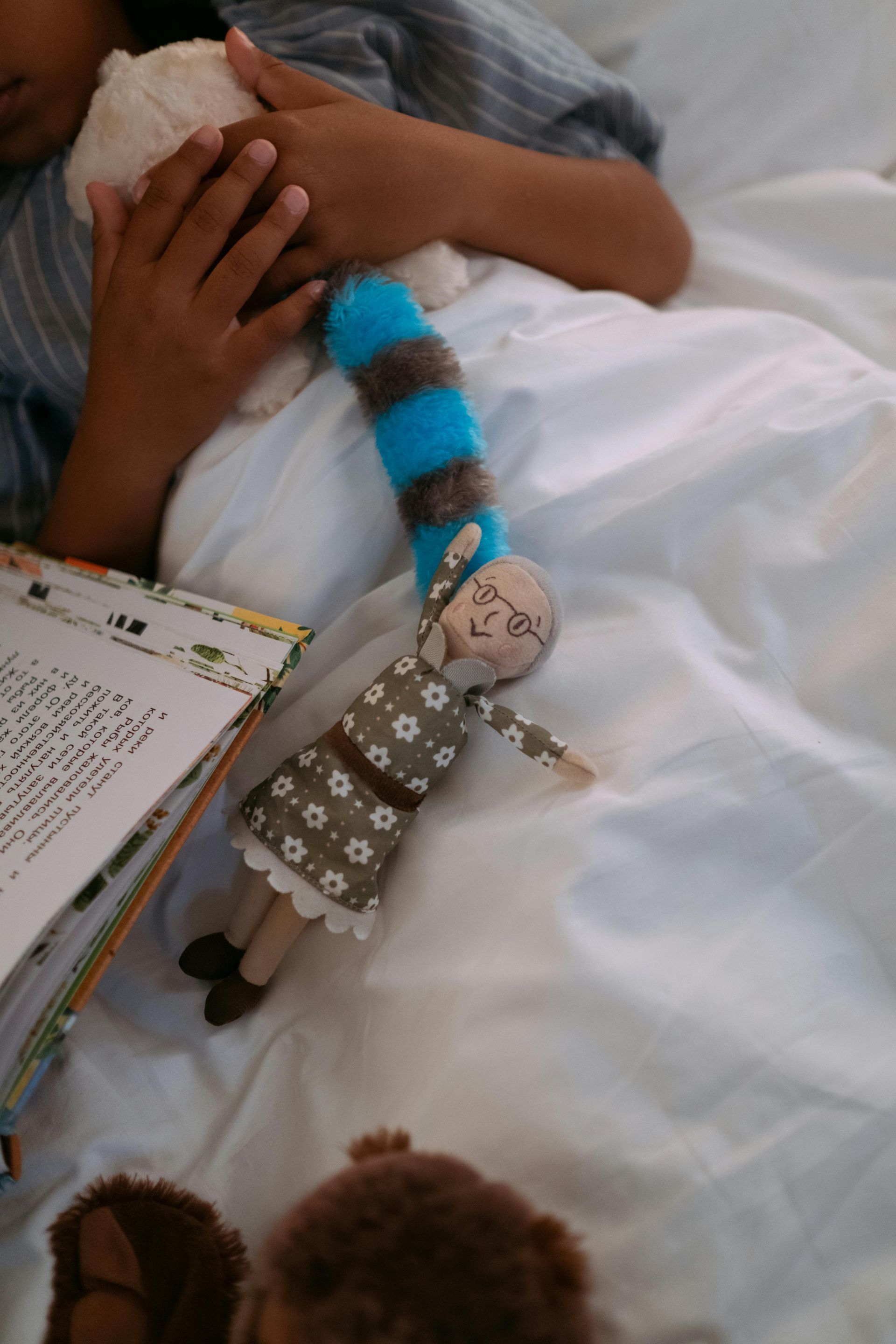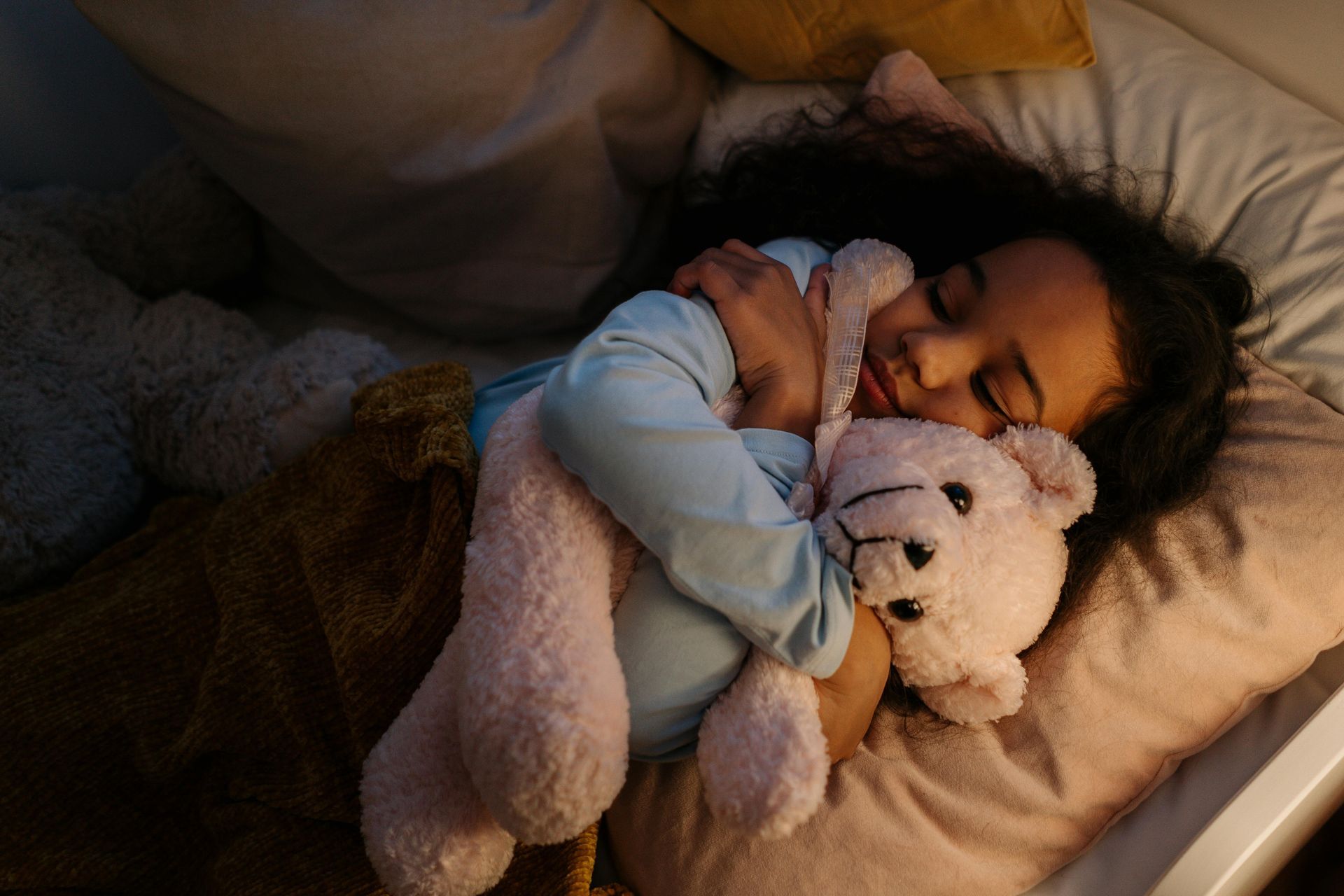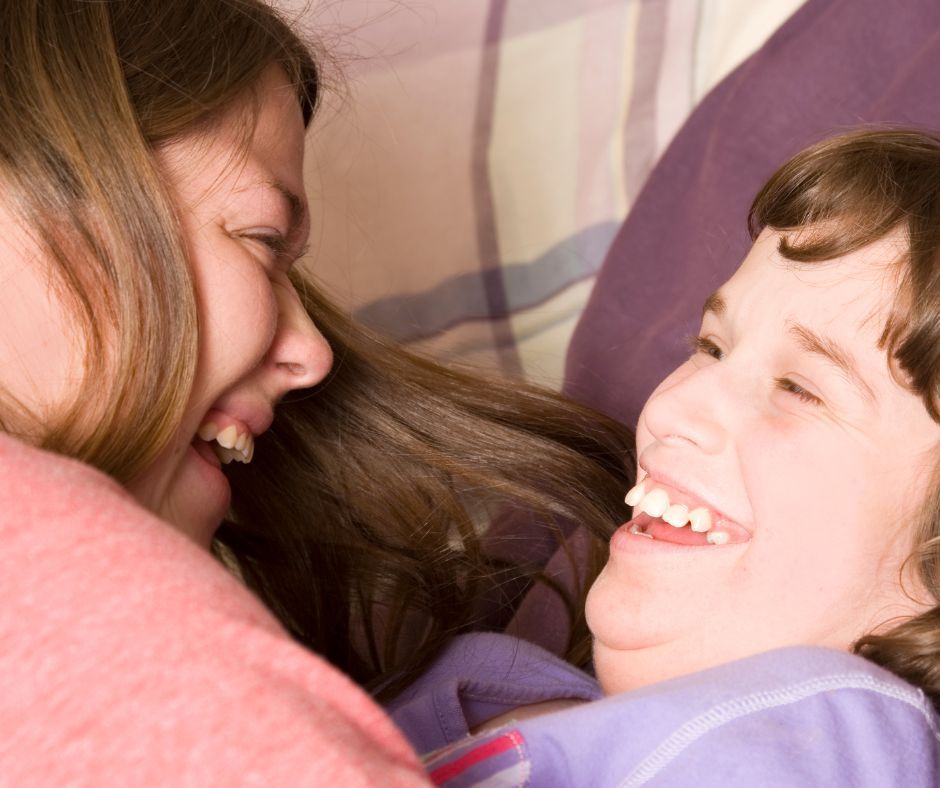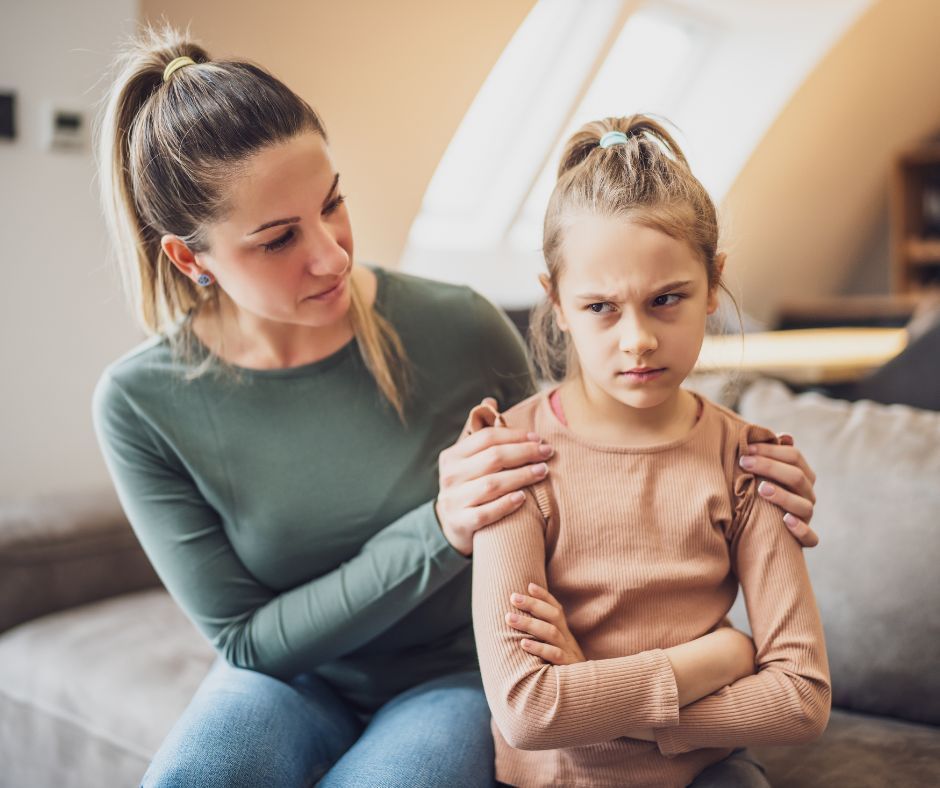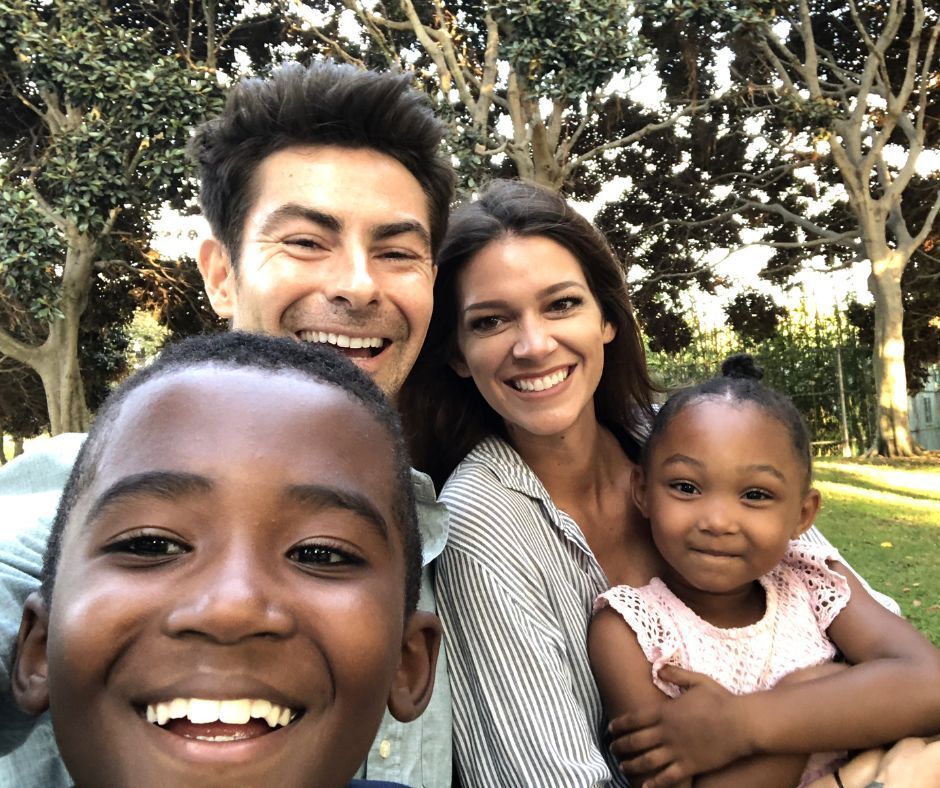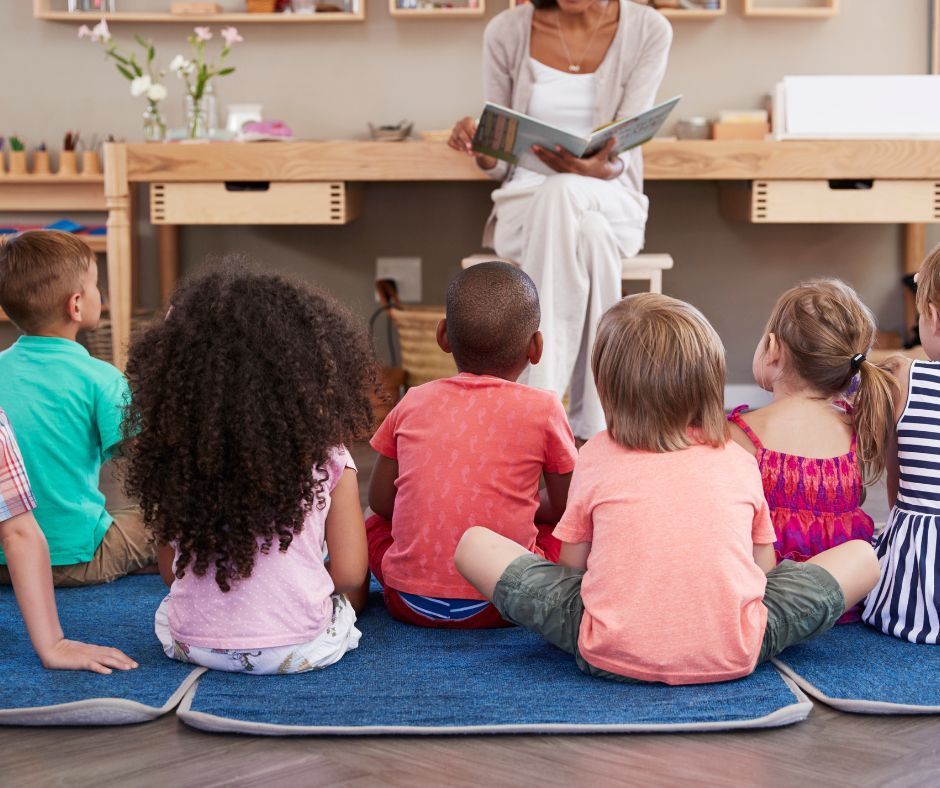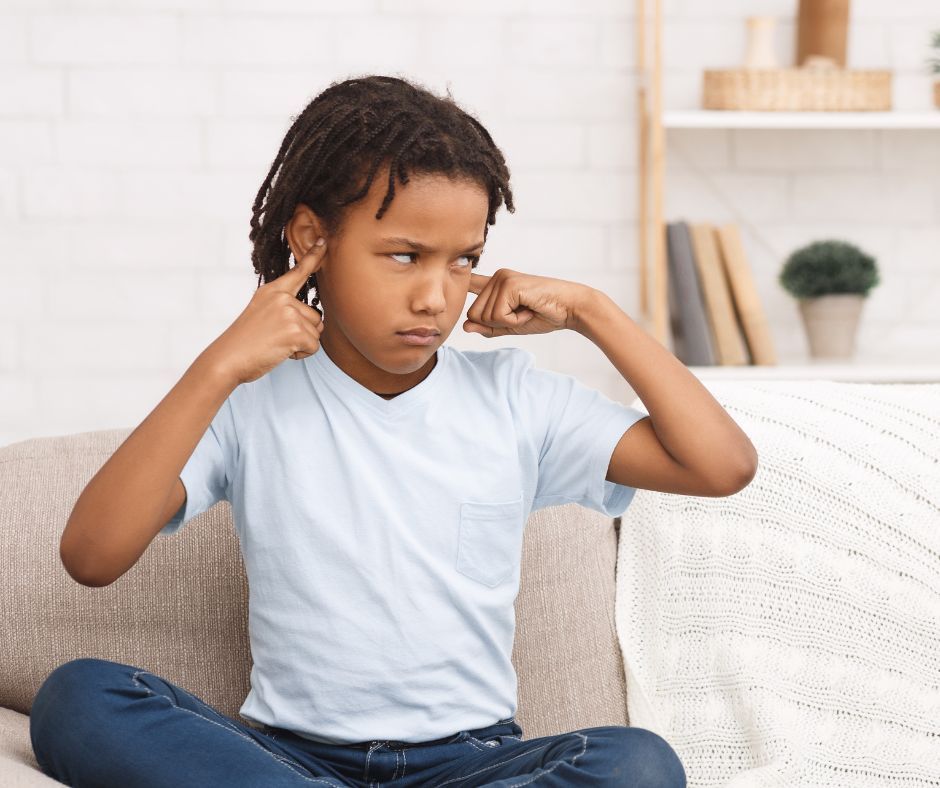Second-hand trauma doesn’t show up in grand gestures—it creeps in quietly. I’ve seen parents cancel family outings because their child melts down in public, only to later realize they’ve developed social anxiety themselves. I’ve listened to exhausted caregivers who, after fighting yet another school battle over IEP support, go home and withdraw emotionally from their partners. These are not failures in parenting. These are signs of deep emotional absorption—and they require attention and care just as much as the child’s trauma does.
We must name the realities families face: the late-night tantrums over seemingly small things, the rejections of nurturing, the regression during times of stress, or the child who avoids connection just when you’re offering your most heartfelt love. For many of our children, these are not behavioral problems but trauma responses rooted in fear, hypervigilance, and broken attachment templates. When a child lives in survival mode, connection can feel dangerous. For the adult trying to love them, it can feel deeply personal—even when it’s not.
It’s vital that caregivers begin to separate their own emotional triggers from their child’s responses. When we feel ourselves reacting, we must pause and ask: Is this about what just happened—or what it reminds me of? That moment of self-awareness can prevent further rupture and instead offer a space for healing. Parents and professionals need to understand terms like attachment rupture, which describes the emotional disconnection during moments of stress; or developmental trauma, which reflects delays not because of choice but because the child’s brain development was altered by chronic early stress. Even terms like dysregulation—so common in trauma parenting—need to be demystified. When a child screams, withdraws, or lashes out, they’re not defiant; they’re often overwhelmed.
The good news is this: healing doesn’t come from perfect parenting. It comes from intentional presence. Small, consistent acts of nurture—like sitting beside a child during a meltdown instead of lecturing, or offering food and eye contact without expectation—build safety. One powerful shift I’ve witnessed is when adults move from performance to presence. Instead of trying to “fix” a child, they simply choose to stay—calm, regulated, and available. This creates the foundation for attachment repair. Rituals like shared meals, bedtime routines, or quiet moments with no agenda are essential in re-teaching trust.
It’s also critical that organizations and systems supporting these families embrace trauma-informed care at every level. That means regular training for teachers, caseworkers, and staff—not just on the child’s behaviors but on the adult’s emotional health. Systems should provide space for reflection, emotional processing, and peer support. Trauma doesn’t end at the classroom door or the agency office. Without a trauma-informed lens, burnout becomes inevitable, and the very children we aim to help are left unsupported by emotionally depleted adults.

